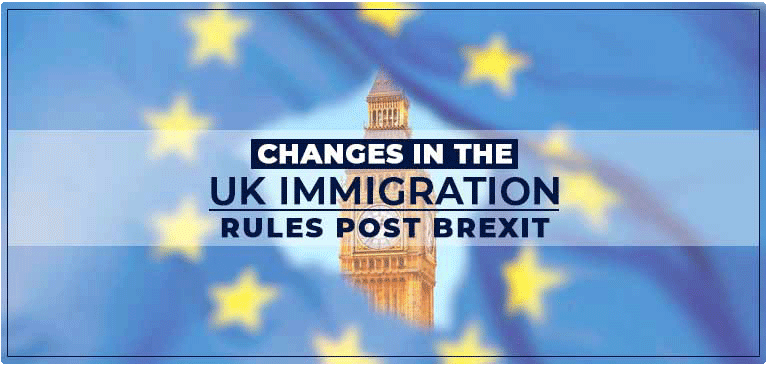Low-skilled workers will not be given visa access under post-Brexit immigration rules.
New immigration ruling under post-Brexit
Under the new immigration rules of post-Brexit, visa issuance for skilled workers will be strictly monitored by the British government. Low-skilled workers will most likely have their visas denied for not complying with British skill standards.
The immigration ruling forces employers to refrain from acquiring a cheap, low-quality workforce in Europe. The government suggests that companies should invest in training existing staff and adding automation in their respective industries.
The Home Office Secretary, Priti Patel, shares the vision of the government of encouraging only those with the needed talent and skills to come to UK and apply, instead of low skilled workers, who will just congest the U.K. and end up hopping from one job to another indefinitely.
Immigration skill points system
Under the new ruling, skilled workers are categorized based on A-level and Scottish Highers education standards. The new skills category shall be added such as carpentry, school tutors, and construction.
A point-based system for immigrants was earlier introduced in a Conservative election manifesto. According to the manifesto, citizens outside the U.K. should reach an accumulated 70 points to be allowed a work visa access in the country.
Automatic 50 points are awarded for commendable English speaking skills along with an approved sponsorship invitation for a skilled job opening. Salary declared on the offer and work sector assigned also boosts an applicant’s point total.
As foreign applicants undergo strict regulations for migrating on work purposes, workers from the European Economic Area are exempted from these provisions.
The current salary threshold for skilled workers aspiring to enter the U.K. for work-related purposes is now reduced to $33280 (25,600 pounds) from $39000 (30,000 pounds). And for sectors with a workforce shortage, the allowable threshold will be at least $26700 (20,480 pounds).
The U.K. is currently experiencing occupation shortage in the following areas: Instructors for classical ballet dancing, civil engineering, nursing, and psychology.
But one of the main concerns in this post-Brexit immigration rule is the sector of adult social services. A skilled job that does not usually pass through the A-level path, and with average salary offers that is way below the required level to gain significant points.
Currently, the majority of adult social service workforce in the U.K. are composed of foreign workers. Post-Brexit changes in immigration rules may paralyze a huge part of the adult care sector.







